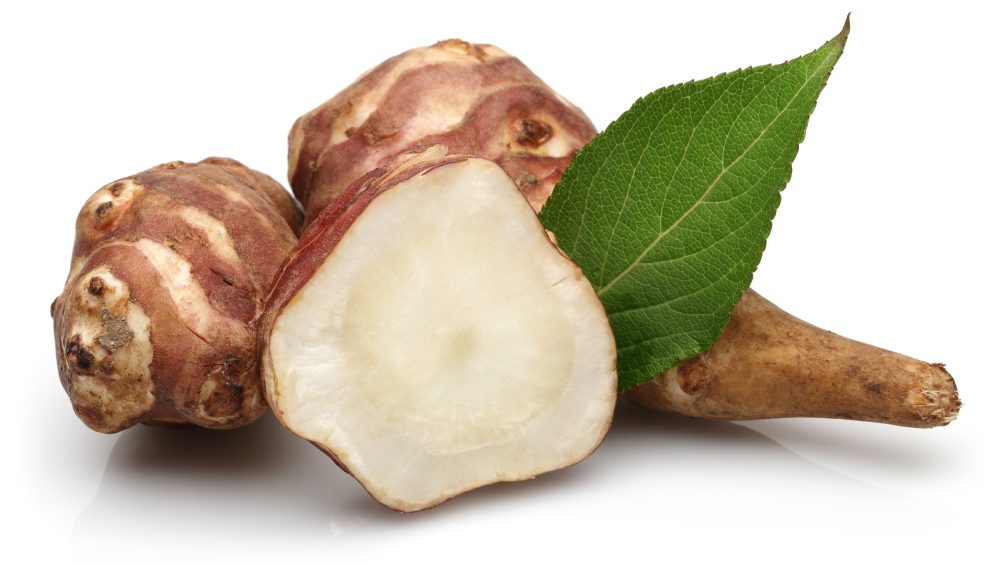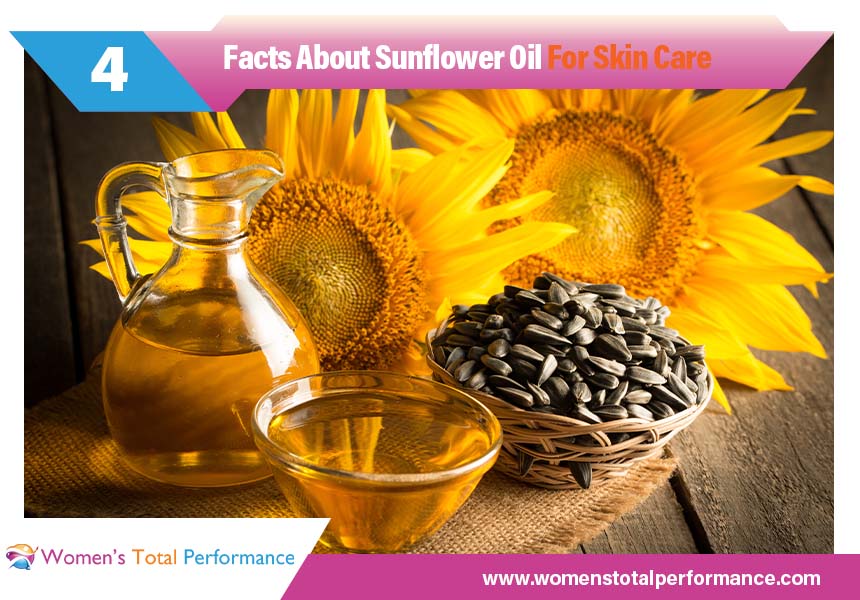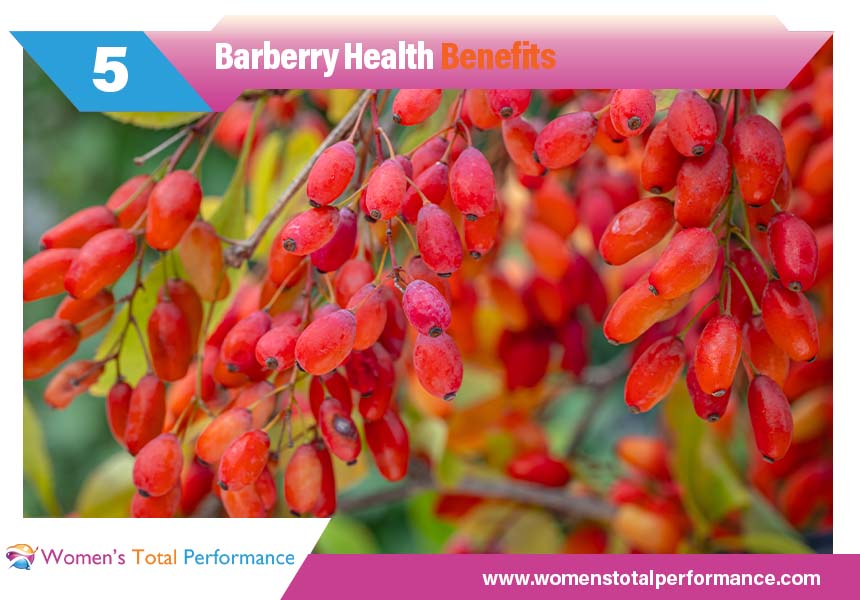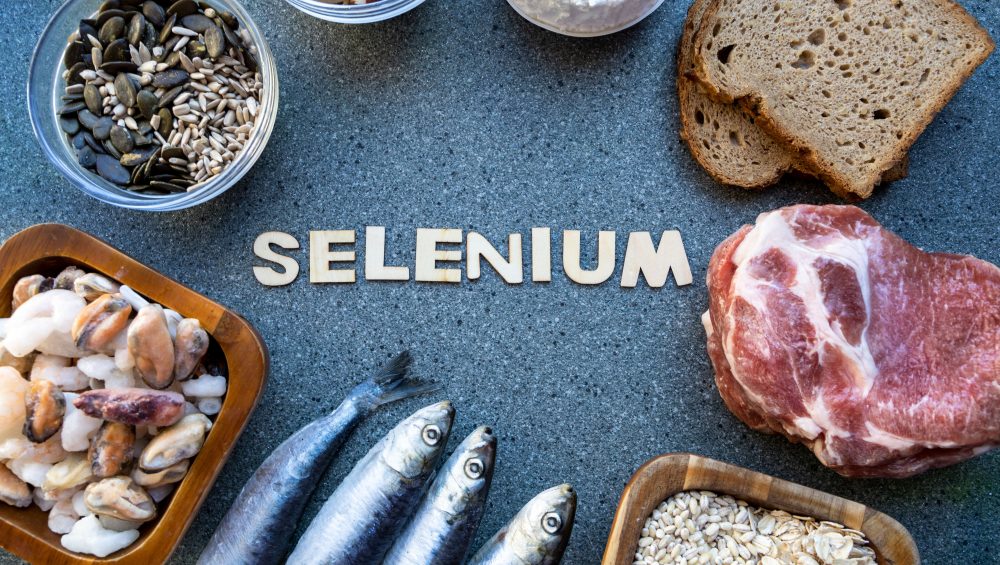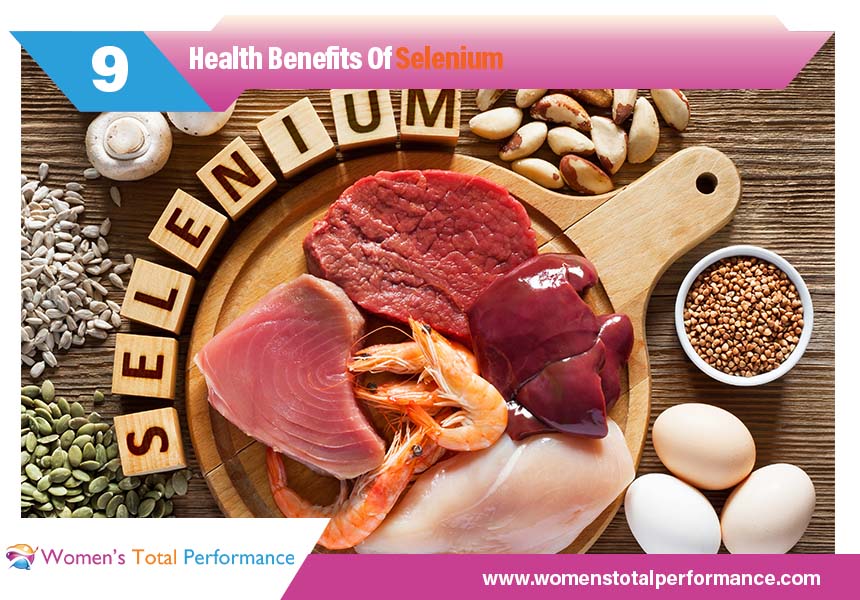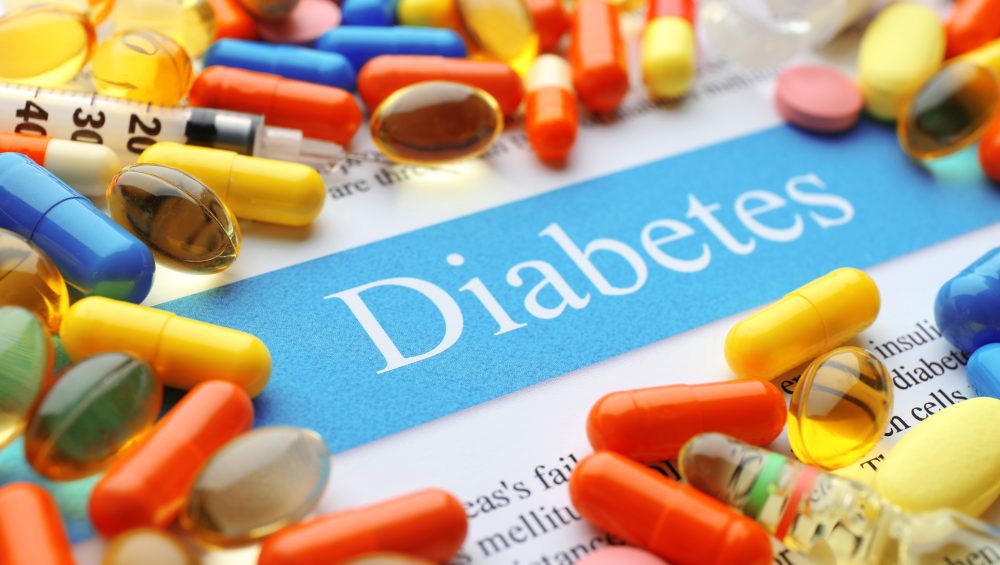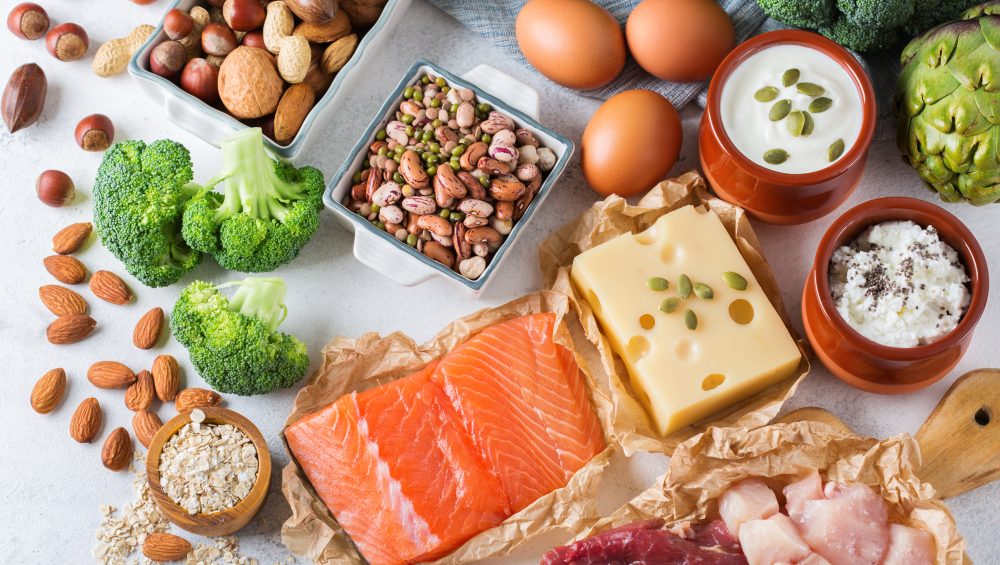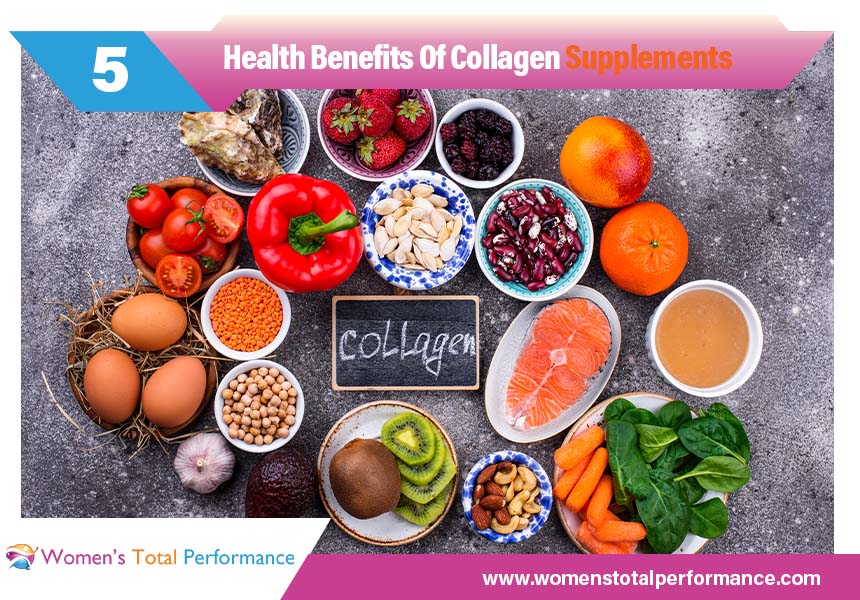7 Perks Of Jerusalem Artichokes
Did you know that Jerusalem artichokes have numerous health advantages? These tubers are high in fiber, antioxidants, vitamins, and minerals. Consuming these berries on a regular basis can help you live a healthier life and get more out of it. We’ll go through seven fantastic health advantages of eating Jerusalem artichokes daily.
Jerusalem artichokes are a wonderful source of energy that may help your digestion and prevent cancer. It can assist with weight reduction, inflammation reduction, bone health improvement, and diabetes prevention. After you’ve finished reading, you’ll be eager to start implementing these incredible health advantages right away by incorporating Jerusalem artichokes into your diet.

1Help With Weight Loss
Jerusalem artichokes are high in fiber and low in calories. They are a wonderful weight-loss food because of their high-fiber content and low-calorie count. Furthermore, they’re good sources of thiamin, vitamin B complex, and minerals like potassium and magnesium, all of which can help you lose weight.
Jerusalem artichokes are rich in potassium, magnesium, and zinc. Potassium plays a role in the metabolism of carbohydrates. Jerusalem artichokes are a great food source because they contain many nutrients that play important roles in energy production, such as vitamin C and thiamin.

2Increase Energy Levels
Jerusalem artichokes are high in fiber, which has been shown to increase energy levels. They’re also packed with antioxidants and vitamin B complex that may help you stay energized throughout the day. Jerusalem artichokes are also known as sunchokes. This plant family is part of the sunflower family and is cultivated across the world.
Jerusalem artichokes are a type of globe artichokes that is not related to artichokes and can be found in most supermarkets. They’re typically cooked, but they may also be eaten raw. Jerusalem artichokes are high in fiber, as one cup contains eight grams of fiber.

3Protect Against Diabetes
Jerusalem artichokes are high in chromium. Chromium is a required mineral that aids in blood sugar management. Jerusalem artichokes also contain inulin, a type of carbohydrate that helps promote good gut flora. As a result, including Jerusalem artichokes in your diet can help you avoid diabetes.
Chromium is an important mineral that aids in the maintenance of normal blood sugar levels in the body. Jerusalem artichokes are high in fiber and prebiotic carbohydrates, like inulin, which assist in promoting the growth of healthy gut bacteria. This combination makes Jerusalem artichokes a great choice for individuals who want to prevent or control diabetes.

4Can Reduce Inflammation
Jerusalem artichokes are high in antioxidants, including flavonoids and polyphenols. Inflammation is a natural response to trauma or infection. But persistent inflammation can cause diseases such as arthritis, heart disease, and cancer.
Antioxidants protect the cells from harmful toxins and by-products, which can cause cancer. They also include silymarin, a substance that has been found to stop the growth of cancer cells. Jerusalem artichokes are high in fiber, which helps reduce inflammation throughout the body. They’re also low in calories and make an excellent little snack.

5Prevent Heart Disease
Jerusalem artichokes are high in fiber, which may help prevent heart disease. Fiber helps maintain low cholesterol levels and avoid blood sugar spikes. Jerusalem artichokes also contain magnesium, potassium, and zinc, all of which are essential minerals for heart health.
Fiber aids in lowering cholesterol levels and preventing blood sugar spikes, which are both good for heart health. Jerusalem artichokes are high in fiber, magnesium, potassium, and zinc, all nutrients that are required for a healthy heart. Fiber is the greatest way to keep your heart healthy. This nutrient has been shown to reduce the chance of dying by stroke or heart attack.

6Improve Bone Health
Jerusalem artichokes are high in calcium, magnesium, and zinc. Magnesium is important for the absorption of calcium and for maintaining bone strength. Zinc is required for the formation and maintenance of bone tissue. Jerusalem artichokes also include inulin, a carbohydrate that helps promote favorable gut flora growth. As a result, eating Jerusalem artichokes can improve bone health.
Calcium, magnesium, and zinc are all essential minerals for maintaining healthy and robust bones. Inulins’ prebiotic nature aids in the growth of beneficial gut bacteria. Because Jerusalem artichokes are prebiotic, they help maintain healthy gut flora.

7Can Prevent Cancer
Jerusalem artichokes are high in antioxidants, including flavonoids and polyphenols, which may help prevent cancer. These antioxidants clean up pollutants and by-products that can harm the cells, allowing them to develop cancer. Jerusalem artichokes also include silybin, a chemical that has been proven to stop the growth of cancer cells.
Jerusalem artichokes are high in antioxidants, such as flavonoids and polyphenols. These antioxidants bind to harmful pollutants and by-products that can harm the cells, prompting the formation of cancer. They also include silymarin, a chemical that has been found to halt cancer cell development.

Jerusalem artichokes are a nutritional goldmine. These tubers are high in fiber, antioxidants, vitamins, and minerals that can help you maintain a healthy weight, improve your energy levels, enhance your digestion, lower your cancer risk, reduce inflammation levels, and increase bone strength and heart health. We’ve covered seven remarkable health benefits of Jerusalem artichokes.
Jerusalem artichokes are a fantastic option for people looking for a great source of energy that can aid digestion and cancer prevention. It may help you lose weight, reduce inflammation, improve bone health, and prevent diabetes. Note that after reading this, you may begin taking advantage of these incredible health advantages right away by incorporating Jerusalem artichokes into your diet.

